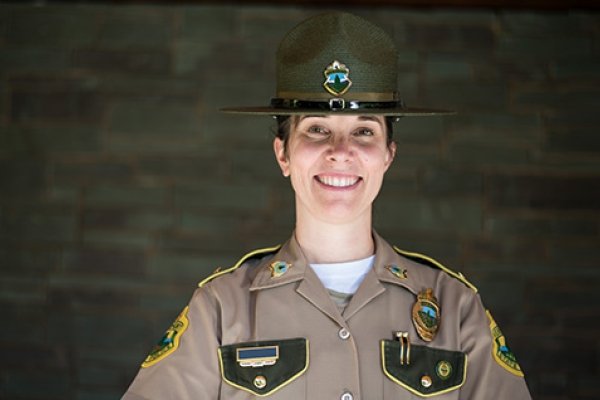
Bachelor of Science in Criminal Justice
Learn how to Promote Justice through Integrity
You know that justice lies at the intersection of public safety and the preservation of human rights. You can explore the principles behind criminal justice with Norwich University’s Bachelor of Science in Criminal Justice online degree. Norwich helps you to understand the processes that enable police, courts and the corrections system to function efficiently and ethically.
Experience an education tailored to learners like you. Norwich's dedicated faculty of working experts provides insight into law enforcement, policy development and intelligence. With six start dates per year and the 100% online learning platform, you can continue to serve the community while completing coursework when it best fits your schedule.
It is your turn to advance in this challenging yet rewarding field. With your Norwich degree, you will conduct data analyses and research in social science and develop skills in writing, leadership and ethical problem solving. You may tailor your degree with specialization in intelligence and security management, or elective courses that best support your career objectives.
You, at Norwich
Our approach to integrated curricula allows you to take courses in a wide range of subjects, as well as the opportunity to explore a specific topic of study in depth.
Transfer up to 90 semester credits and complete your degree in fewer than two years.
Several start dates per year offer you the ability to enroll when it fits your schedule.
Relevant electives, including Strategic Communications or Business and Professional Writing.
Accreditation & Recognition

Norwich University is accredited by the New England Commission of Higher Education (formerly the Commission on Institutions of Higher Education of the New England Association of Schools and Colleges, Inc.).













